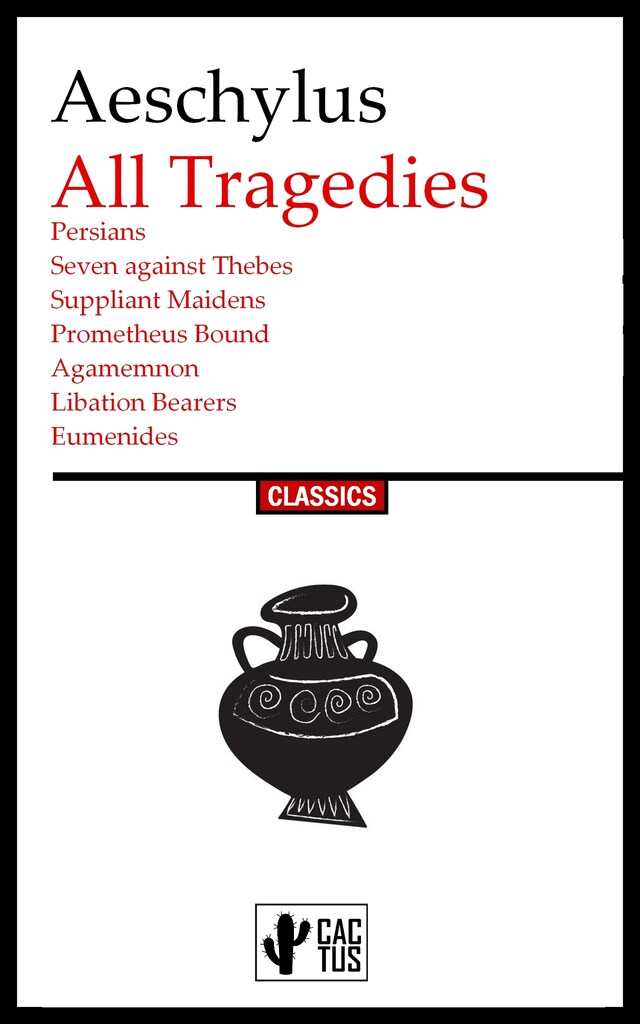
All Tragedies
Persians, Seven Against Thebes, Suppliant Maidens, Prometheus Bound, Agamemnon, Libation Bearers, Eumenides
Beschrijving van het boek


